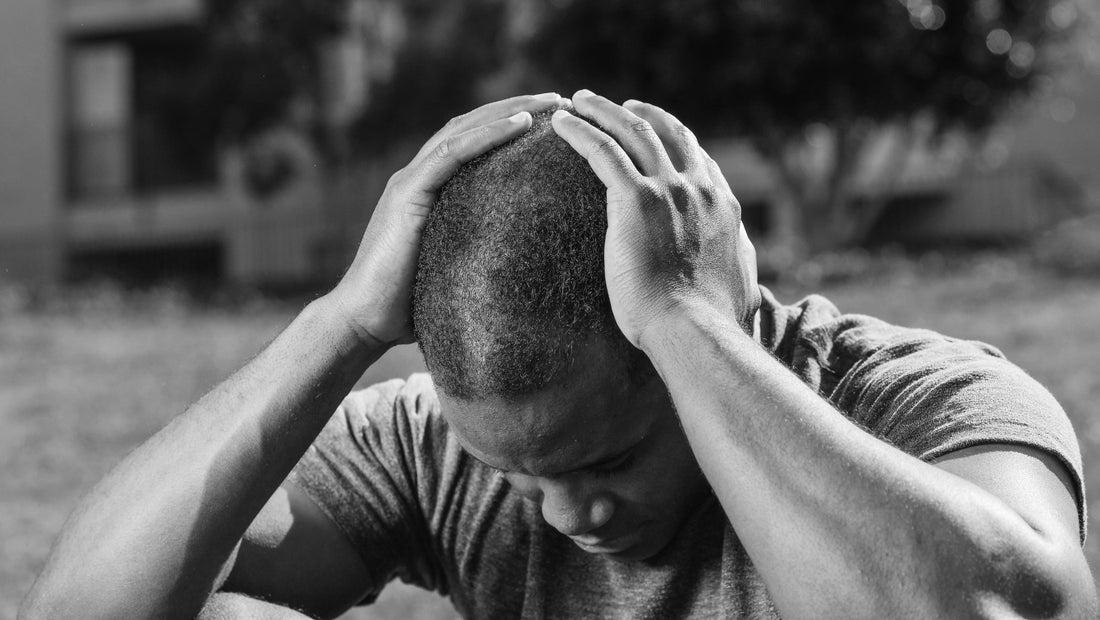The Impact Of Concussion

What is concussion?
Over the past several years, the intensity of the spotlight over concussion has continued to increase, particularly overseas in the NFL, but also on home soil in Australian Rules Football – from grassroots to professional levels.
Concussion is an injury to the brain, sustained as a result of impact – particularly to the head and neck – which causes the brain to essentially be “shaken” within the skull.
With the nervous system being as sensitive as it is, this movement within the skull can cause a varying number of symptoms. Some of which can be dangerous, but all should be considered to be quite serious.

Why is concussion so series?
As concussions have so many different ways in which they can present, they have the potential to affect a wide variety of day to day tasks. Common symptoms include:
- Headache
- Poor balance
- Nausea
- Dizziness and/or blurred vision
- Emotional instability
- Difficulty concentrating
The above symptoms are only a short list of the possible effects of a concussion. More serious side effects are more obvious, and are cause for a trip to the hospital for immediate medical review.
These include:
- Neck pain
- Loss of consciousness, seizure or convulsion
- Double vision
- Weakness/tingling in the arms or legs
- Vomiting or deteriorating conscious state
What can I do to avoid getting concussed?
There is some evidence to support the use of mouthguards in preventing concussion. Current recommendations are that mouthguards be professionally fitted (e.g. by a dental practitioner) versus using a simple boil and bite mouthguard.
Helmets, on the other hand, are still establishing themselves in preventing concussion, but are effective in avoiding serious fractures to the skull.
The rules of the game of Australian Rules Football have developed considerably to protect the player from concussion. Unfortunately, due to the nature of being a contact sport, it is an inherent risk that comes with playing. As much as you can play smart and protect your head, you rely on the awareness of both your teammates and opposition to uphold their duty of care not to injure anyone else.
What will happen if I am concussed?
The recommended protocol at sporting clubs if a player is suspected of being concussed first involves assessment on the day of injury. This can be done via a simple assessment tool such as the AFL Pocket Concussion Recognition Tool. It is important that, as a player, accurate information be given to the trainer so that they may make a judgement as to whether you have been concussed. The rule “if in doubt, leave them out” is something which all trainers abide by. Returning to play while suffering from concussion may make your symptoms worse and prolong getting back to training and games.
If given the early diagnosis of concussion, you will then be instructed to follow up with a doctor for medical review and clearance to train and play. With more serious cases, an ambulance will be called to the oval and your medical review will take place in hospital. Your doctor will then advise you when you can return to sport. Testing begins with jogging, light training, then full training, each with a rest day in between. Recurring symptoms are cause for more rest, and delaying your returning to play.
If you have suffered a concussion and have been medically cleared to train or play, please speak to the trainer at your club so you can be properly assessed before being fully cleared to return to games!
